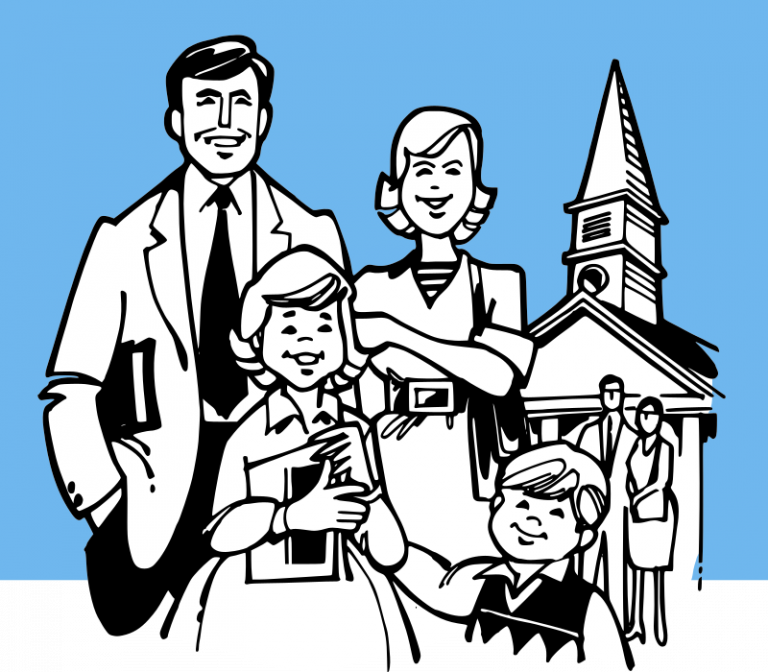Advent, Christmas, Epiphany
 From time to time I hear Christians, particularly pastors, lament the neglect of the Advent season. As a religious celebration Christmas comes best after the season of Advent in which we study and meditate on expectation. Then comes Christmas. Because of the commercialization of Christmas as a secular holiday (I believe one can commemorate the spiritual Christmas in the midst of a secular celebration if you want), the time of Advent is not spent in waiting and expectation, so much as in a rush. Ebenezer Scrooge had a point about Christmas being a time to buy things we can’t afford!
From time to time I hear Christians, particularly pastors, lament the neglect of the Advent season. As a religious celebration Christmas comes best after the season of Advent in which we study and meditate on expectation. Then comes Christmas. Because of the commercialization of Christmas as a secular holiday (I believe one can commemorate the spiritual Christmas in the midst of a secular celebration if you want), the time of Advent is not spent in waiting and expectation, so much as in a rush. Ebenezer Scrooge had a point about Christmas being a time to buy things we can’t afford!
But many of those who spend time on Advent don’t pay similar attention to Epiphany, which caps the twelve days of Christmas. It generally doesn’t come on a Sunday, and how can you possibly get people into church on a weekday?
But all three of these days or seasons (Christmas is also a season), reflect important moments in spiritual life. Besides a historical reflection on the events that stand behind the Christian faith, we can have a reflection on the present of our lives, in which we wait with expectation for God to act, see God intervening, and/or come to the realization that God has acted, though God may have chosen to do so in a way that was not recognized at the time.
I taught the Sunday School lesson this morning, and the key scripture was Matthew 2:1-12, which would be better placed on Epiphany than on Christmas Eve. Yet it helps make an important point placed here. Very few people recognized what was going on. I suggested that my class check the rest of the gospels. Nowhere does Jesus encounter someone who remembered something about his birth. “Wow, those shepherds told me about you, and here you are!” is a line that simply doesn’t come up.
Different people recognized Jesus in different ways and under different circumstances. It’s important to remember that. Why? Because we need to understand where different people are in their experiences.
I’ve watched a few Christmas movies this season. I enjoy the light entertainment with a definite good finish, even if I can predict it practically from the opening credits. Small towns generally win over cities. People who do “country” things generally win over those who are urban. The driven and ambitious are generally cast as villains. But there’s a sweetness to all of it.
One interesting thing is that while the movies tell us about people who have been hurt during the holiday season, they generally tell the story of the moment in which someone overcomes or transcends that hurt and finds the joy of the wonderful holiday season.
It would be nice if that was how the world works. It doesn’t. There will be people who will transcend emotional hurt and find healing this Christmas season. There are others who will experience new wounds. Yet others will suffer through the season, often silently, simply hoping it will be over. They won’t want to admit that they’d love to say, “Bah! Humbug!” because then they’d get labeled with the ultimate badge of dishonor: Scrooge. Before the ghosts.
As a community, we need to be prepared to bring comfort to those who aren’t “in season.” It’s easy to imagine that someone will get into the proper spirit of expectation of advent, receive their gifts, and THE GIFT, on Christmas day, and rejoice with the Wise Men (astrologers, no doubt), on Epiphany. But many will not.
We need to find the the time and the season of those in need of help and support. We need to recognize that Advent is not necessarily a time of confident and certain expectancy, but may be a time of wondering and struggle.
One of the things the Israelite religion, and particularly the prophetic school, brought to Judaism and through it to Christianity is the idea that living is not an endless cycle. We’re going somewhere. There’s a point to the arrangement church fathers made of scripture, with Genesis 1 at the beginning and Revelation 21-22 at the end. We don’t live in an endless cycle. We’re going somewhere, and that somewhere is good.
But in the meantime we celebrate cycles, with New Year’s Day coming up as we celebrate the arrival of a new year, and in many cases make resolutions that say that this next 365 (or 366) days will be better than the last. We celebrate advent every year, realizing that not everything is realized yet. We commemorate Easter, not because the event must be repeated, but because we need the reminder of new life.
We’re always tempted to get mired one way or the other. On the one hand we can fall into hopelessness and maintain that the cycles of life are all that there are. On the other, we can get the idea that, having reached our Epiphany, we’ve made it permanently, and everyone else should join us. In the future, if we pay attention to these days it’s just a commemoration of how wonderful our lives have gotten. So we lie and we judge. We lie as we pretend that life really is that good. We judge because others haven’t attained what we pretend to have attained.
Romans 7 is an interesting illustration. Paul seems to wallow in difficulty, finally saying, “Oh wretched man that I am! Who will rescue me?” We have the answer (or so we think) in Romans 8 as we learn that “there is now no condemnation to those who are in Christ Jesus,” and we proclaim, “Thanks be to God! Through Jesus Christ our Lord!”
Which leads to a debate in biblical interpretation. Does Romans 7 speak of the life of one who has not accepted the grace of Christ or does it describe the life of the Christian? Do we really get to that better life here in this world, or is the Romans 8 proclamation the result of our glorification? (And, you may ask, what does this have to do with Christmas?)
I bring up Romans 7 because it is so incredibly real. Wesleyans use the terms “prevenient grace,” meaning that grace which God offers to everyone and which is there before you even ask, and “sanctifying grace,” mean the grace that keeps moving one along toward holiness (or on toward perfection, as John Wesley might say). Romans 7, I think, speaks to us of the cycles of our lives. We do not always move forward. We also fall backward. We do what we think is not good, and sometimes (all too many times) we do what we think we ought not to do. I think the idea that we suddenly cease to experience Romans 7 is a lie we tell. It’s a lie we expect our leaders to tell. We all experience these cycles.
That’s some bad news. The struggle continues. You’ll still be praying for God to act. You’ll still be living through times of expectation. God may still intervene, only to go unrecognized for some time afterward, when we suddenly receiver our epiphany.
It’s also some good news. What it says is that grace is ever active. God’s sanctifying grace is persistent and active, and when we fall back into that cycle, God’s grace reaches out, grabs us, and pushes us forward so that we can still be moving onward, despite the difficulty. The bad news is that there will be more “Oh wretched man that I am” moments; the good news is that Grace will respond to each with those moments of “no condemnation” which will result in our proclamation of thanks to God through Jesus Christ our Lord.
If we shed the lies and are real, we’ll be prepared to help others whatever their season. We do this not as people who have no problems, but as overcomers of problems who know, because we’ve experience it, that times of advent waiting are followed by God’s intervention, and that often God has already intervened, and like the folks in Herod’s court and in Jerusalem, we simply haven’t recognized the event yet. We’re waiting for epiphany.
If you’re joyous this Christmas, I rejoice with you. What I pray is that you use your joy to help strengthen the weak, to encourage those who are less joyful, and to be real in all your times of trouble.
The gift that Jesus brought was himself, yes, but himself as the messenger and vehicle of God’s grace. Be gracious to yourself and others in this season of joy … and grace.


Seasons and cycles – a beginning and an end – an end that is a beginning. I like the way this little article is inclusive (without being PC) and Biblical. Thanks, Henry.